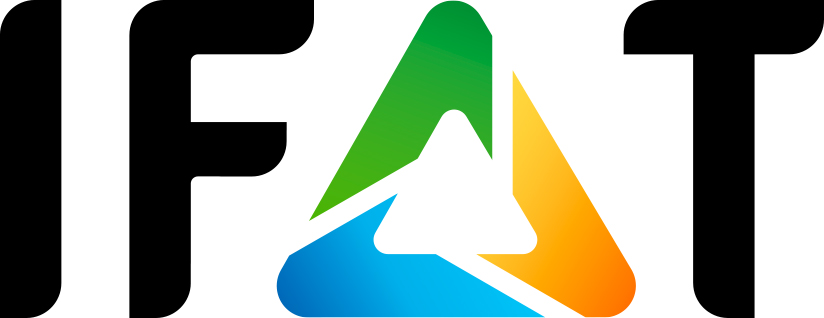Material flow management
Material flow management geared to sustainability not only aims to optimize material throughputs, but also strives to prevent waste—for example, by creating closed material cycles. Waste paper, scrap metals, waste wood, waste glass as well as plastics and plastic packaging have long been seen as valuable commodities and are used as secondary raw materials via largely established recycling paths. In comparison, there is even more room for optimization in material flow management for other goods.
A recent example: in July 2023, the new EU Battery Regulation, which focuses on the entire life cycle of the booming energy storage systems, was passed. One important goal here is to increasingly recover valuable resources from spent batteries in the future and thus reduce environmentally harmful mining of their components around the world. Finite deposits and greenhouse gas issues also make renewable carbon a topic worth pursuing. Possible sources include biomass, plastics recycling, and carbon dioxide from exhaust gases.
